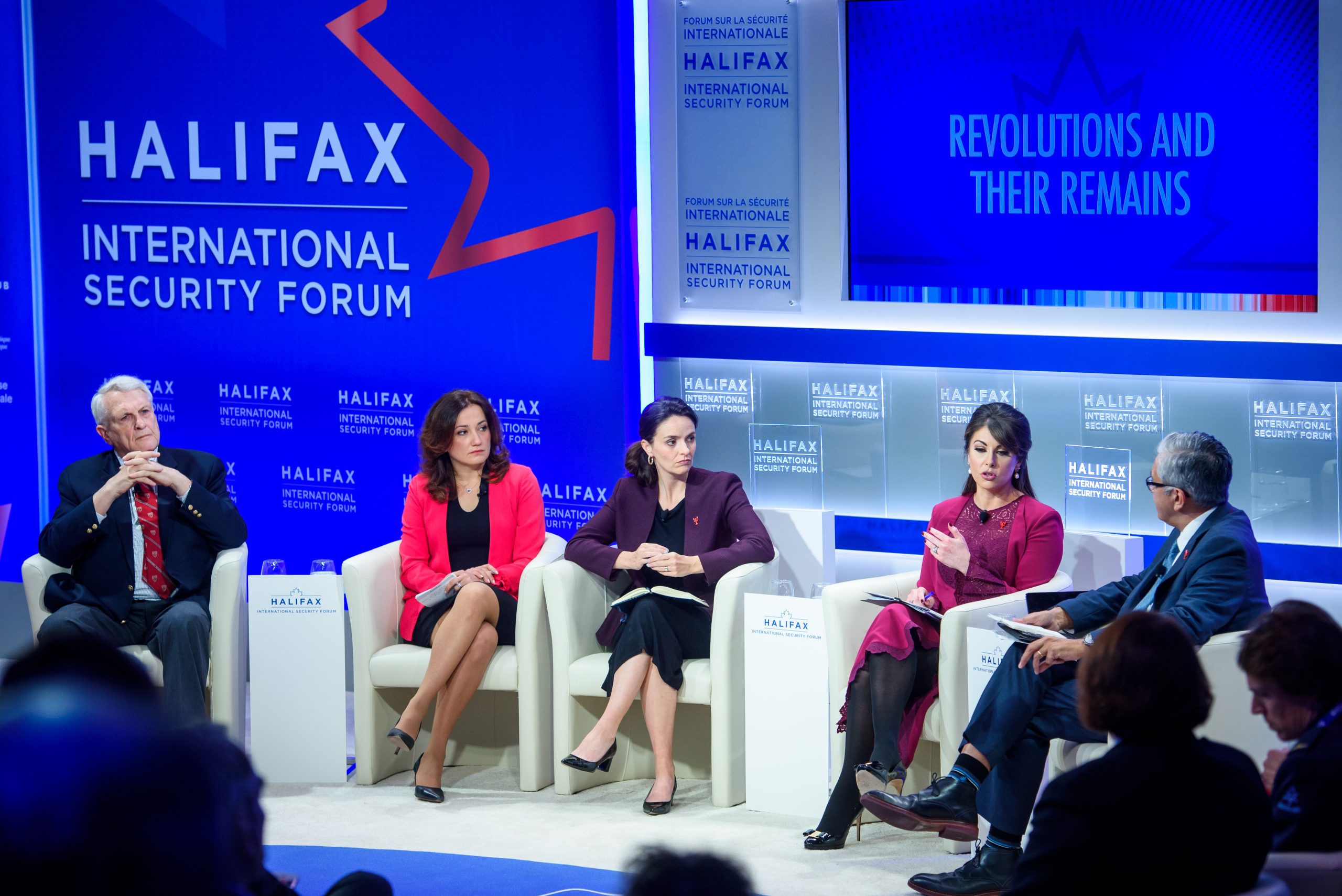
2021 Halifax International Security Forum
DATE
November 19-21, 2021
LOCATION
Halifax, Nova Scotia
PARTICIPANTS
300
AGENDA & SPEAKERS
6:00-8:30
Breakfast
8:30-9:00
Presentation
On the record
The John McCain Prize for Leadership In Public Service
Presented by Cindy Hensley McCain
The fourth 2021 John McCain Prize for Leadership in Public Service was awarded to the Afghan Female Tactical Platoon (FTP) for their leadership, bravery, and commitment to human justice and security. Enshrined in the values of the late Senator John McCain, this award embodies the global goals of freedom and justice. Cindy Hensley McCain presented the award to the FTP and reinforced the importance of local female leadership for fighting oppression. A platoon member accepting the award on behalf of the FTP, shared with HFX 2021 attendees how these women placed their country over their personal safety and societal pressures. The resurgence of the Taliban has undone much of the past two decades of progress in the social advancement of women and integration of ethnic and religious minorities. The FTP’s courage reminds us that the only thing necessary for the triumph of evil is for good people to do nothing. The international community must remain active advocates of women’s right to education, work, and agency, of ethnic and religious freedom, and peace and democracy in Afghanistan.
No group of people in the world made greater sacrifices for freedom than the people in Afghanistan who genuinely believed in and fought for a future where human dignity would triumph over the oppression of the past.
— Ambassador Cindy Hensley McCain
We are united in a kinship of ideals, apostles of freedom who believe liberty and a just rule of law are worth the sacrifices made to secure them.
— Ambassador Cindy Hensley McCain
9:00-10:00
Plenary 3 – W.W.J.M.D? (What would John McCain do?)
Speakers
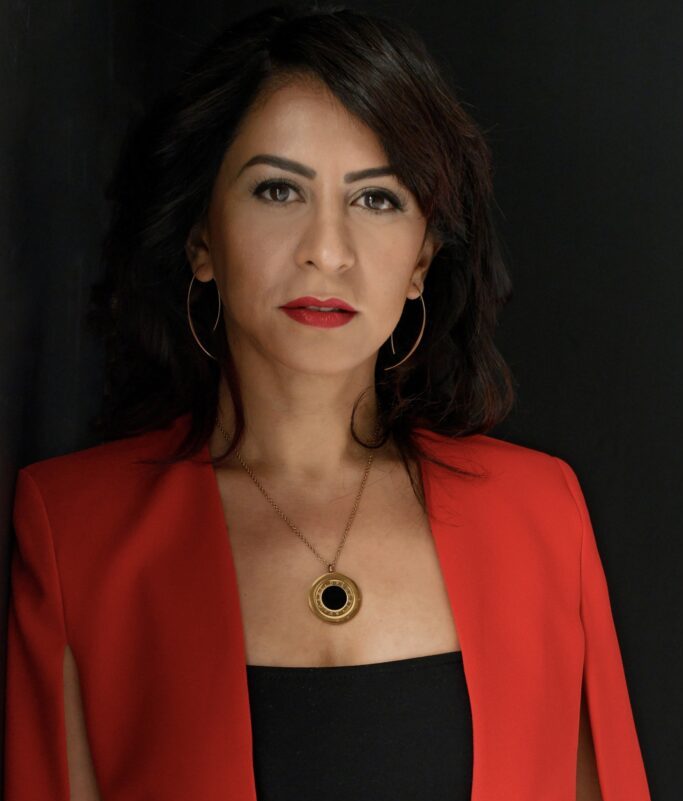
Dr. Nancy Okail
Scholar and advocate of democracy and human rights
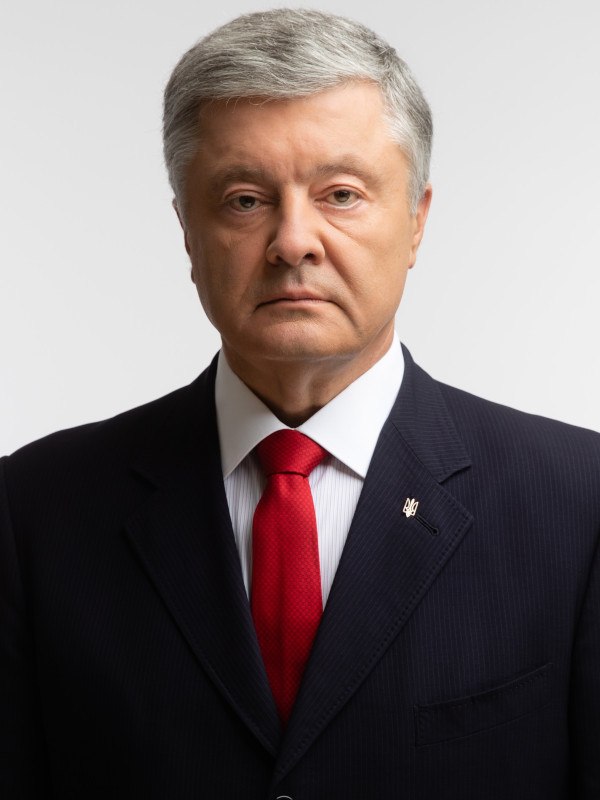
President Petro Poroshenko
5th President of Ukraine
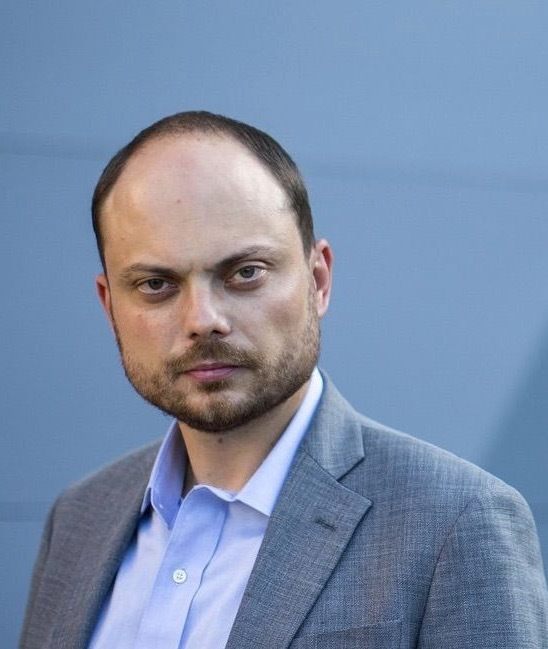
Moderator Mr. Vladimir Kara-Murza
Russian Opposition Politician
In the face of today’s geopolitical challenges, moderator Vladimir Kara-Murza reminded participants to consider the question: what would John McCain do? to address global problems. After returning from Vietnam, where he had been held as a prisoner of war, Senator McCain continued his mission of defending democratic principles for almost four decades in Congress. Dr. Nancy Okail and Former Ukrainian President Petro Poroshenko reflected on their memories of Senator McCain as a leader in the face of crises.
The COVID-19 crisis shed light on the cracks in policy infrastructures and gave people the chance to rejuvenate outdated and inefficient processes. However, it also allowed for dictators to carry out unjust measures under the guise of health and safety. Dr. Okail outlined the Biden administration’s focus and approaches on anti-corruption, anti-authoritarianism, human rights, and climate change concerns. Former Ukrainian President Petro Poroshenko discussed the emerging threat of Russia and how NATO and allies must support Ukraine with military assets and sanctions to stand up for democracy in Eastern Europe.
Honoring Senator McCain’s legacy requires exhibiting courage despite fear. The speakers reaffirmed the need for strategic and holistic policy making that considers the human and social aspects of security problems and creates effective directives for democracies worldwide. Democracy is complicated but invaluable—facing our current global crises, ask yourself: WWJMD?
The largest export from Putin’s regime to the West is not oil or gas, it is corruption. And that is absolutely true.
— Vladimir Kara-Murza, Vice President, Free Russia Foundation, Russia
In the fall of 2019, all protests that happened in the Arab world and the Middle East had a common denominator, and that was corruption.
— Dr. Nancy Okail, Scholar and advocate of democracy and human rights
We need to learn how to protect our nation from this fake news information war. It is not an easy job and we know how important it is in Ukraine.
— President Petro Poroshenko, 5th President of Ukraine, Government of Ukraine
The largest export from Putin’s regime to the West is not oil or gas, it is corruption. And that is absolutely true.
— Vladimir Kara-Murza, Vice President, Free Russia Foundation, Russia
In the fall of 2019, all protests that happened in the Arab world and the Middle East had a common denominator, and that was corruption.
— Dr. Nancy Okail, Scholar and advocate of democracy and human rights
10:00-10:30
Coffee Break
10:30-10:45
Halifax Address On the record
Speakers
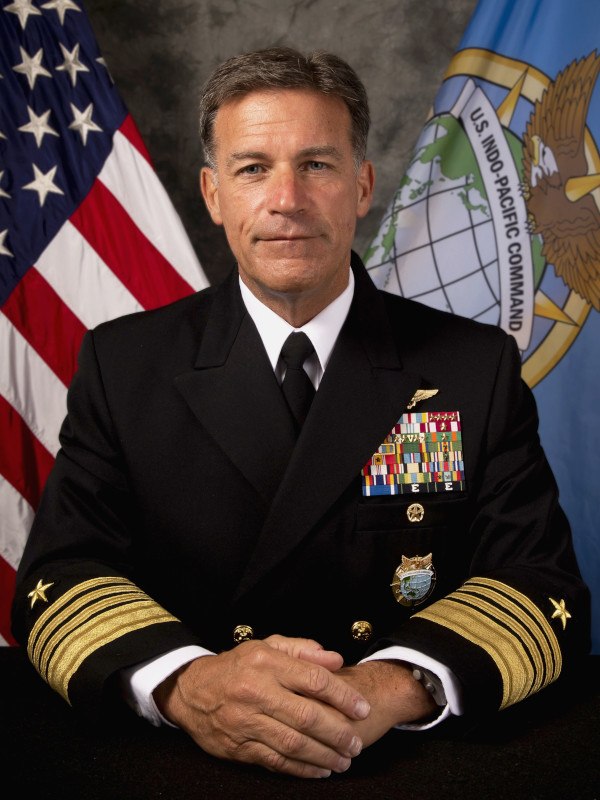
Admiral John Aquilino
Commander, United States Indo-Pacific Command
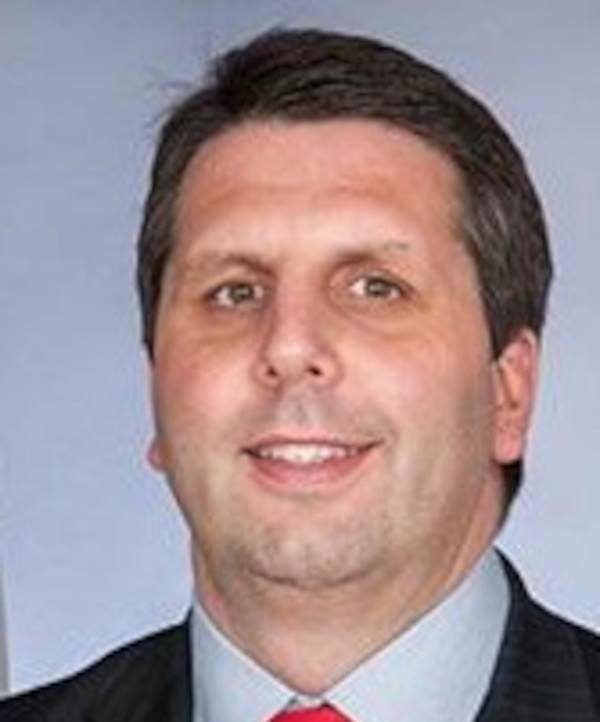
Moderator Ambassador Mark Lippert
Vice Chair, HFX Board of Directors
Where are the military and economic centers of gravity? According to Admiral John Aquilino, the growth centers around the Indo-Pacific region. It houses vast populations, hosts three of the world’s largest democracies, possesses influential naval and military resources, and accounts for 60% of the world’s GDP.
The region’s size and strength means its actions produce ripple effects across the rest of the globe. Admiral Aquilino recognized that the rules based international order is being challenged. He underscored the need for security relationships via bilateral and multilateral alliances, as are strategic partnerships to preserve shared values and protect peace. Forming non-traditional alliances to protect the Taiwan Strait and prevent nuclear attacks by North Korea are crucial for global stability. Integrated deterrence across domains—both physical and in cyberspace—is necessary for effective security strategies that leverage allied advantages. There is no doubt that the Indo-Pacific region is a potential flashpoint, but when joined by global partners, democracies in the region grow even more resilient.
Revisionist autocratic powers seek to disrupt and displace the current system in ways that benefit themselves, at the expense of all others.
— John Aquilino, Commander, United States Indo-Pacific Command
Two thirds of the present global economic growth is driven from the Indo-Pacific. The sea lanes support the world’s nine largest ports. Every day, half of the global container cargo and 70% of the shipbourne energy supply, flows through those maritime spaces.
— John Aquilino, Commander, United States Indo-Pacific Command
10:45- 11:45
Plenary 4 – #StandTogetherOnChina On the record
Speakers

Senator Hélène Conway-Mouret
France
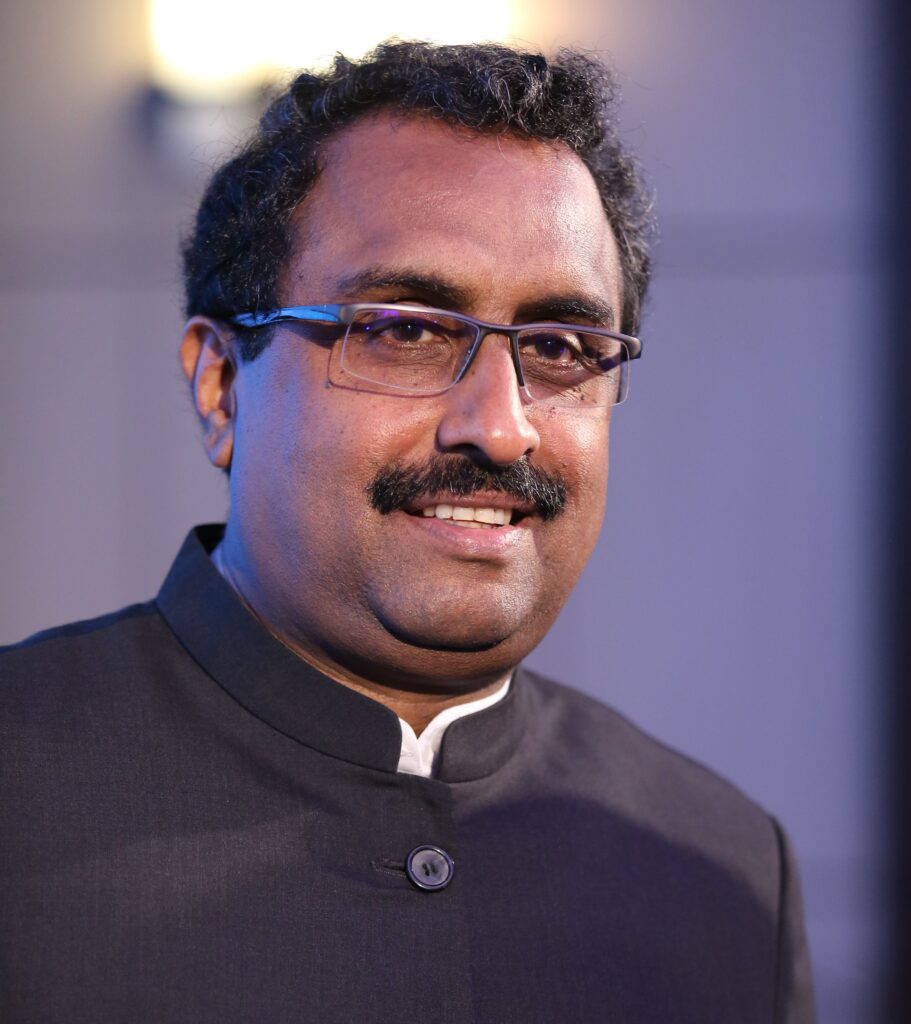
Mr. Ram Madhav
Former National General Secretary of the Bharatiya Janata Party, India
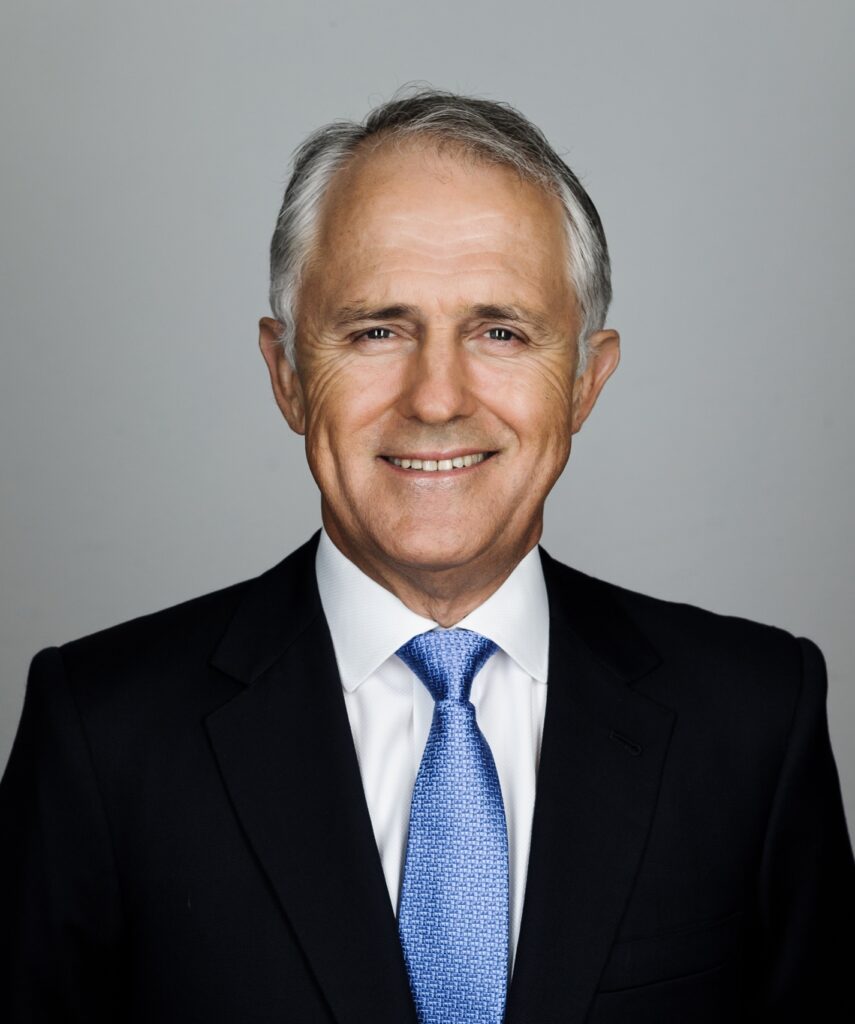
The Honourable Malcolm Turnbull
29th Prime Minister, Australia
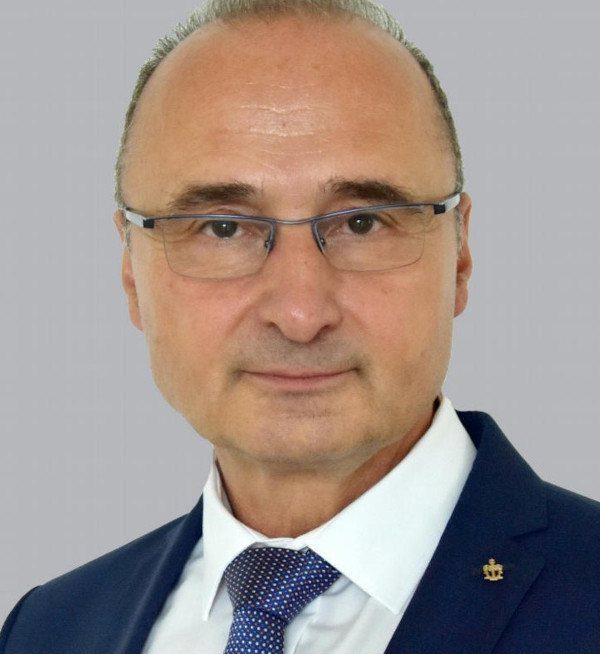
Minister Gordan Grlić-Radman
Minister of Foreign and European Affairs, Republic of Croatia

Moderator Mr. Robin Shepherd
Vice President, Halifax International Security Forum
China has clearly signaled it will not seek common ground with democracies across the world. China’s unwillingness to cooperate with the liberal-democratic world order must be met with a collective call to action, said the Honourable Malcolm Turnbull, former Prime Minister of Australia. Democracies around the world need to renew their cooperation with each other to take a firm stance on China.
In addition to representatives from the Indo-Pacific, Croatian Minister Gordan Grlić-Radman and French Senator Hélène Conway-Mouret noted the importance of European presence in the region. After years of Chinese influence in Europe, nations are now taking steps to maintain a geopolitical presence in the Indo-Pacific. The goal is to maintain peace and security, as well as containing Chinese regional hegemony. Ram Madhav, former National General Secretary of the Indian BJP emphasized that the power has shifted away from the Pacific-Atlantic towards the Indo-Pacific. This means that India and ASEAN will play vital roles as advocates for liberal democracy in the region.
Coordinated democratic cooperation in the Indo-Pacific region has already faced challenges. Will in-fighting sabotage coordinated responses to Chinese nuclear and military proliferation? Tensions between some of the world’s oldest democracies raise concerns about global efforts to rally against emergent Chinese aggression.
The battle for democracy in the Indo-Pacific cannot be won by a few democratic powers engaging with China. It will take the entire international community to band together and demonstrate the strength of democracies united.
In that region today, China is challenging the world order that was built post the Second World War. It is not only challenging it, it is wanting to rewrite the rules. That is what we need to stop, by working together.
— Ram Madhav, National General Secretary, Bharatiya Janata Party; Member of the Governing Board, India Foundation, India
The bottom line is – we have to recognise China has different values than us. We don’t have to pick a fight with them on everything. But where there are vulnerabilities, potentially for us, we’ve got to hedge our risks.
— Malcolm Turnbull, Global Senior Advisor, Kohlberg Kravis Roberts & Co., Australia
We were born to live alone. Living together is something to be learned.
— Gordan Grlić-Radman, Minister of Foreign and European Affairs, Government of the Republic of Croatia
China, like Russia, is everybody’s business today.
— Hélène Conway-Mouret, Senator, Senate, France
11:45-12:15
Halifax Chat On the record
Speakers
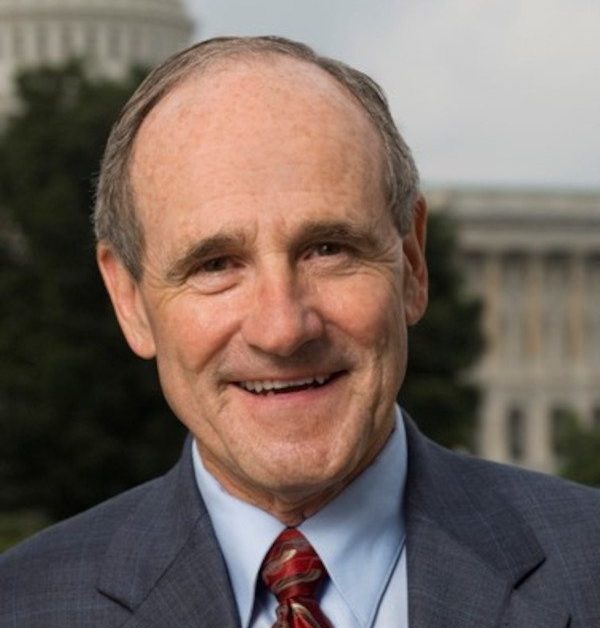
Senator James Risch
United States Senator for Idaho
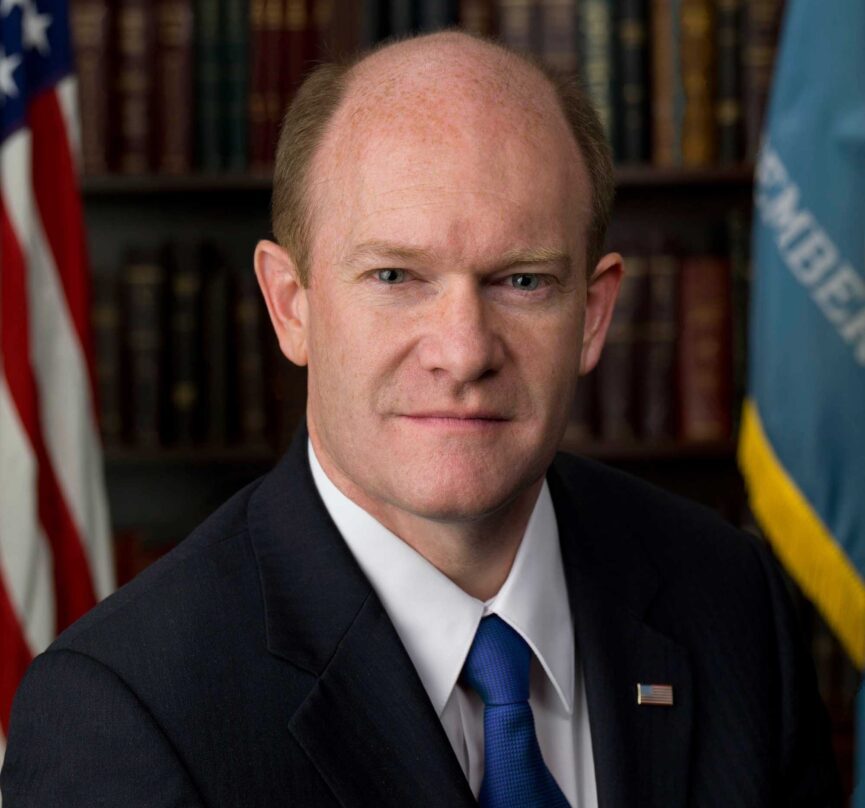
Senator Chris Coons
United States Senator for Delaware

Moderator Mr. Robin Shepherd
Vice President, Halifax International Security Forum
To meet the challenge China poses, democracies must do more than geopolitical security positioning. According to Senator James Risch and Senator Chris Coons, democratic countries must invest in their own economies and in national innovation incentives. These are necessary pathways to mitigate China’s autocratic and undemocratic global influence. They also discussed shared enthusiasm for bipartisan and multilateral agreements to advance freedom. Investing in local talent, protecting intellectual property rights, and getting ahead in the technology race are all opportunities for transatlantic and Indo-Pacific partners to work together. Senators Coons and Risch concluded that commitments to new technologies, research and development, and social prosperity can further the democratic mission at home and abroad.
China is a competitor of ours. Not just ours, but virtually everybody in the room here. It is a competitor economically, militarily and I think, most importantly, culturally.
— Jim Risch, Senator from Idaho, United States Senate
We have to come up with alternative supply chains that are not poisoned, tainted, by the genocide against the Uyghurs that is ongoing.
— Chris Coons, Senator from Delaware, United States Senate
Anybody who thinks that withholding sending athletes to the Beijing Olympics is going to cause them to start doing inward thinking about where they are, I think, is dreaming.
— Jim Risch, Senator from Idaho, United States Senate
I think the most significant thing we can, and frankly we must do, is take decisive actions to heal our own democracy.
— Chris Coons, Senator from Delaware, United States Senate
12:15-13:30
Mid-Day Meal
13:30-14:00
Halifax Chat
On the record
Speakers
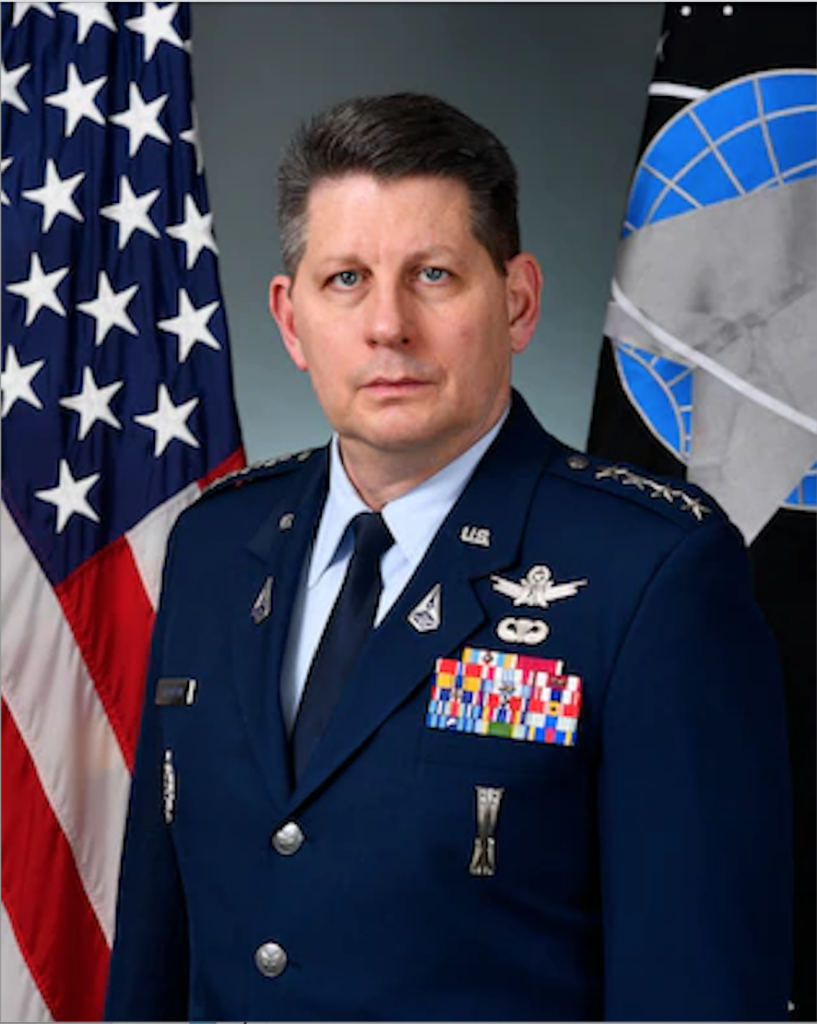
General David Thompson
Vice Chief of Space Operations, United States Space Force

Moderator Mr. Robin Shepherd
Vice President, Halifax International Security Forum
Space, the final frontier, or the new great power battleground? General David Thompson, Vice Chief of Space Operations for the United States Space Force spoke to Robin Shepherd about the pressing issues facing the first new branch of the U.S. military in over 70 years, at the cutting edge of military technological development.
Mutually assured destruction of satellite capabilities threatens not just military tactics that the world’s great powers adopt, but the day-to-day life of all people. Space capabilities are ‘woven into the fabric of day to day life’ according to General Thompson. This Halifax chat gave invaluable insight into the technologies that are at the forefront of this new space race. Chinese capabilities threaten not just existing space technologies but also technological developments over the decades ahead. With the advent of hyper-sonic missiles capable of travelling around the earth at five times the speed of sound, America has never been more vulnerable to falling behind its adversaries in the security arena.
This is no longer science fiction, Russia and China are already going boldly where none have gone before. Is the U.S. willing to alter risk averse strategies when it comes to the security dilemma in the upper atmosphere? Does America have the technological ability to match China and Russia on the international stage? The creation of space norms may not be enough to grapple with the new security atmosphere.
China has come a long way very quickly. … If they continue at their pace they could surpass us in the next several generations.
— General David Thompson, Vice Chief of Space Operations, United States Space Force
We need to accelerate cycle times. We need to create a different sort of approach to acquiring and fielding and operating these systems, and probably need to again be in a position where we’re ready to accept a little more risk and a risk of failure so we can speed up our processes.
— General David Thompson, Vice Chief of Space Operations, United States Space Force
14:00-15:00
Plenary 5 – Post-Pandemic: Heed Expectations, Heal Globalization
Speakers
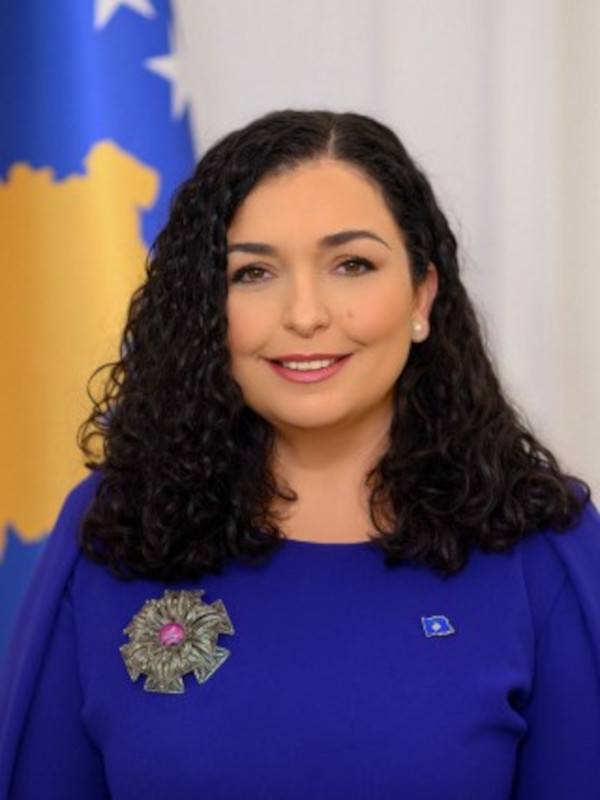
President Vjosa Osmani-Sadriu
President, Republic of Kosovo
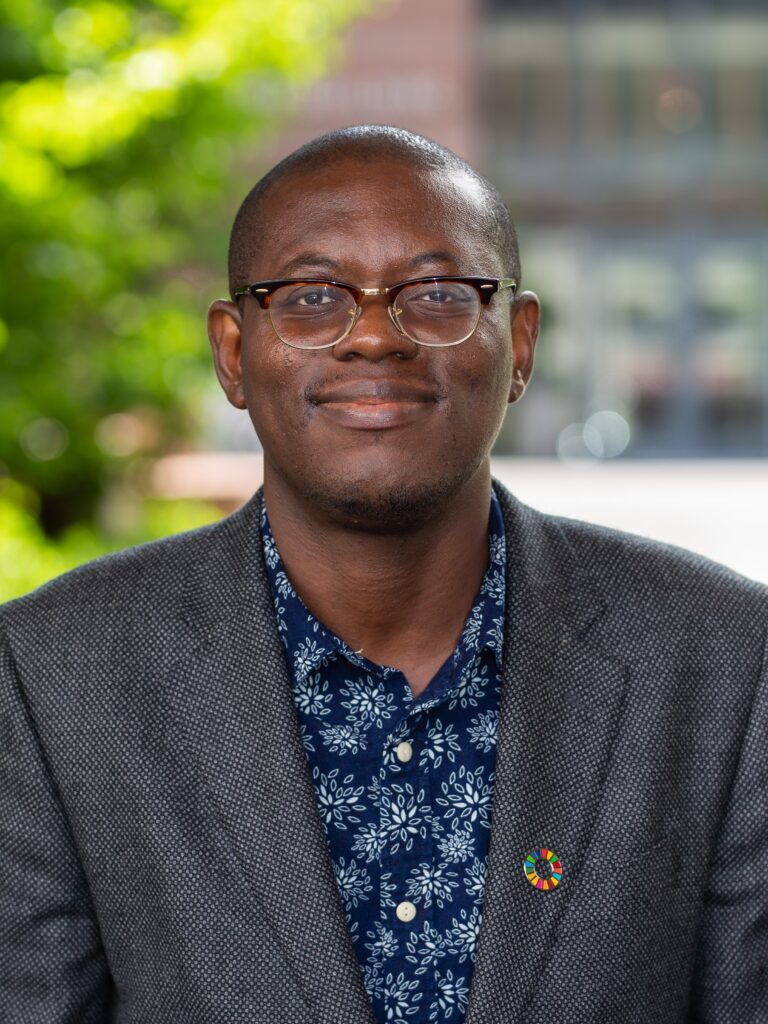
Mr. Bright Simons
President, mPedigree
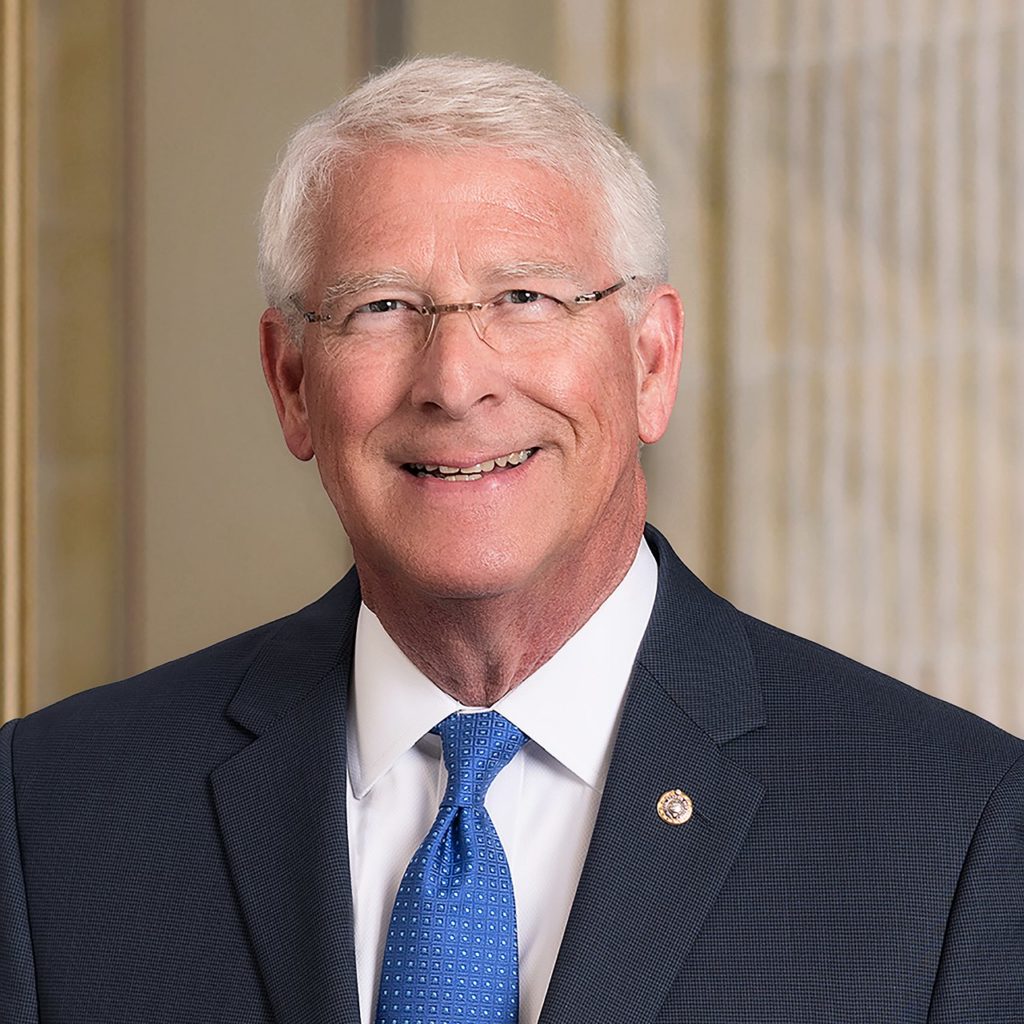
Senator Roger Wicker
United States Senator for Mississippi
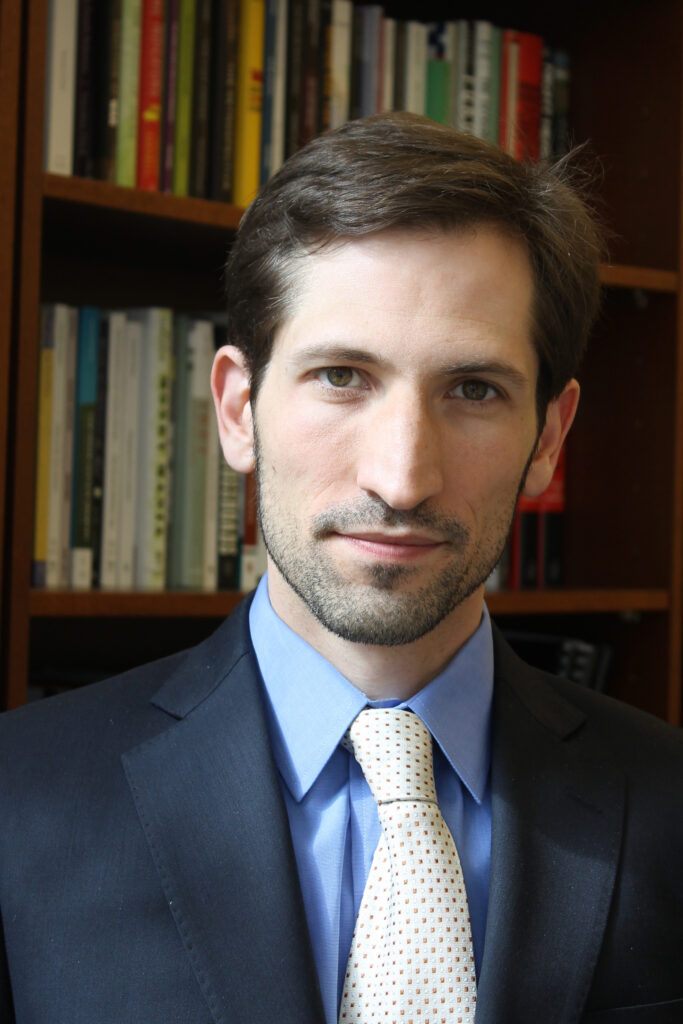
Moderator Mr. Justin Vogt
Executive Director, Foreign Affairs
How can we ensure that lessons learned are not lessons forgotten when the COVID-19 pandemic retreats? How have citizens responded to governments wielding unprecedented power over their rights and freedoms? How do our global democracies recover and become more resilient in the face of potential future pandemics?
Vjosa Osmani-Sadriu, President of the Republic of Kosovo; Senator Roger Wicker and Mr. Bright Simons, President of mPedigree discussed the health, equality and security challenges that were unleashed on the world in December 2019 with the outbreak of COVID-19.
Building more resilient democracies depends on countering the malign influence of misinformation. The COVID-19 pandemic has showed that vulnerability globally. At the same time, the global infrastructure of vaccine procurement and distribution continues to hinder the healing process for the economies and political cultures of many nations.
Trust in institutions and in democratic governments has been called into question, often provoking a visceral reaction from some citizens to vaccine mandates and lockdowns. The tension between incredible advancements in genomics and health research, and democratic backsliding in a few leading democracies made it difficult for this panel to reach a consensus.
In many ways, the pandemic has been a great equalizer. Combatting the symptoms of systemic inequality will be important in democracies, regardless of their size or degree of development. The pandemic may well be the shot in the arm needed to address the greatest threats to the survival of the liberal world order in the 21st century.
I think the formal multilateral institutions, the UN and the rest, are generally not as well suited to the opportunities we have in the world now.
— Bright Simons, President, mPedigree, Ghana
Our power lies in us working together to defend and protect what we’ve achieved in the past centuries, which is fundamentals first; values first: human rights, democracy, rule of law.
— Vjosa Osmani-Sadriu, President, Republic of Kosovo
There is one common denominator to success, and that is trust of the people in the institutions.
— Vjosa Osmani-Sadriu, President, Republic of Kosovo
15:00-16:00
Coffee Break
16:00- 17:00
Plenary 6- Fires and Landslides and Droughts, Oh My! On the record
Speakers
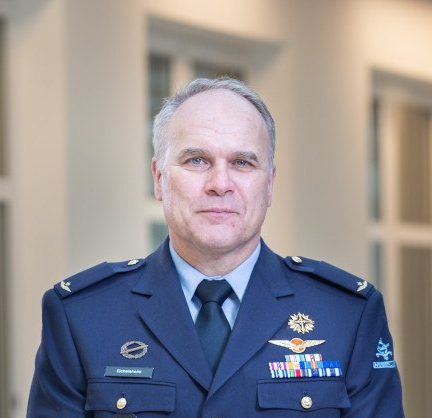
General Onno Eichelsheim
Chief of Defence, Netherlands Armed Forces

Kendra MacDonald
CEO, Canada’s Ocean Supercluster
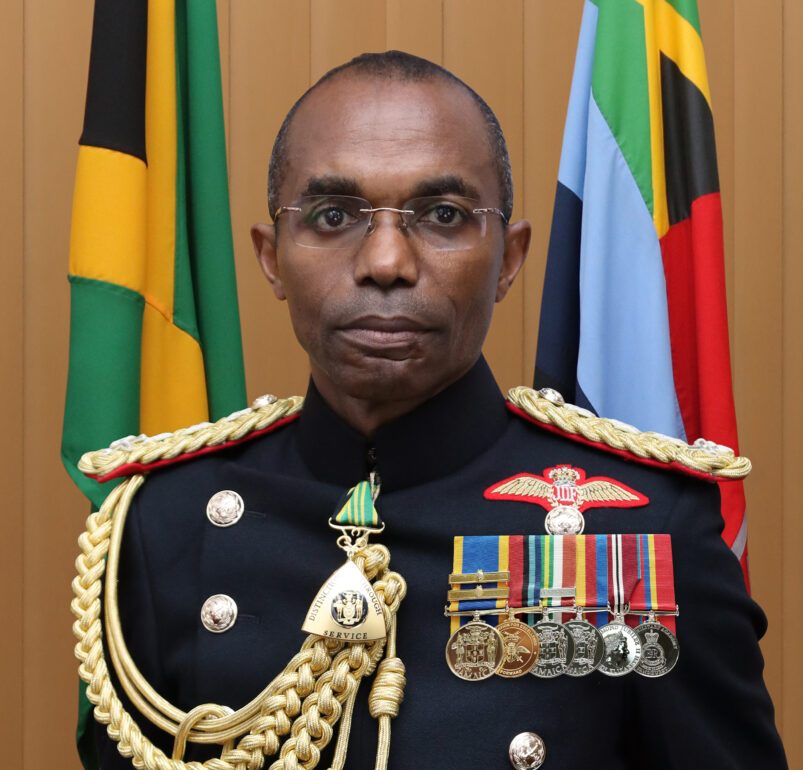
General Rocky Meade
Chief of Defence Staff, Jamaica Defence Force
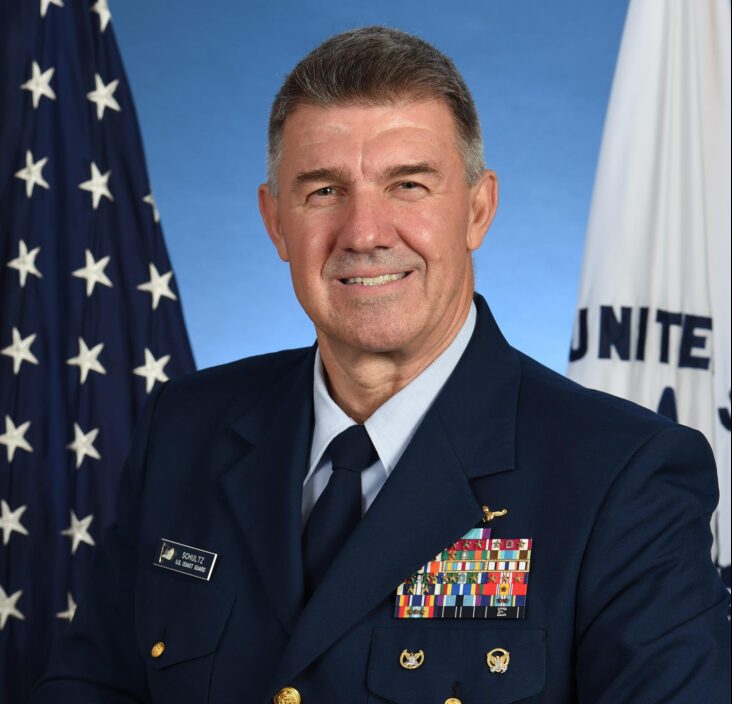
Admiral Karl Schultz
Commandant, United States Coast Guard
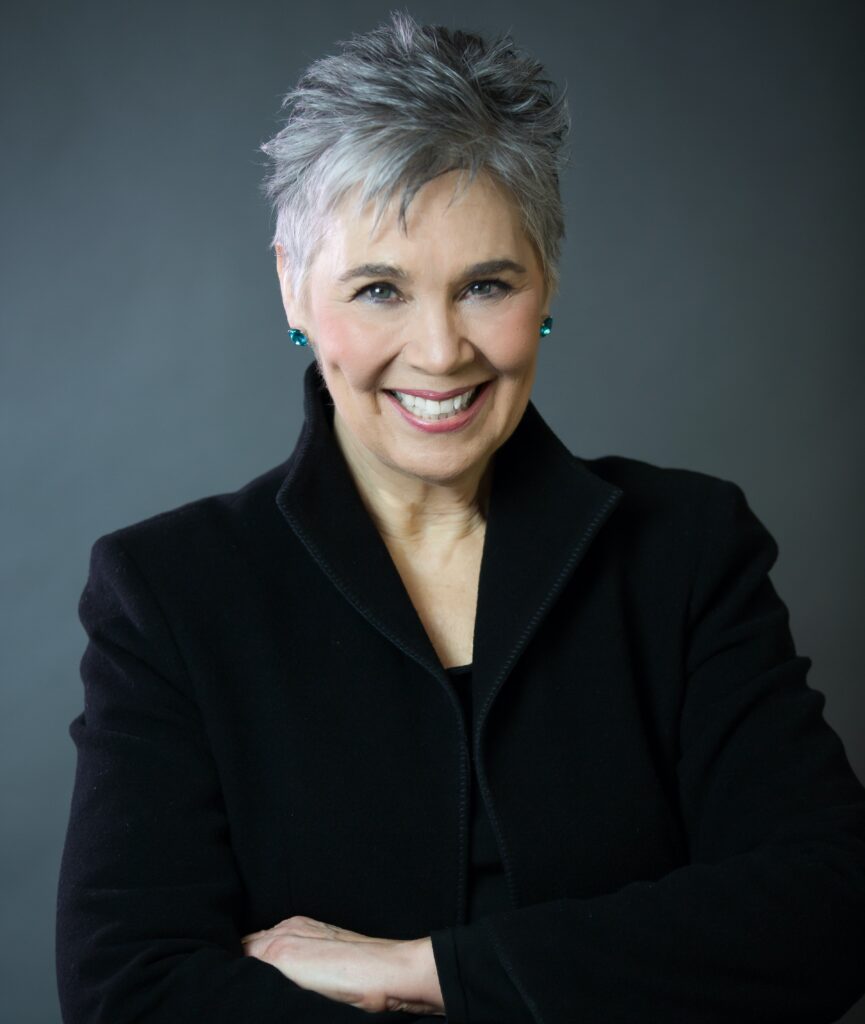
Moderator Ms. Jeanne Meserve
Security Analyst, Canada’s CTV News
Climate change is a clear and present global danger, but how are militaries responding? That was the question moderator Jeanne Meserve tried to get her panelists to answer. Generational floods and “storms of the century” have been occurring with increasing regularity around the world. The unprecedented flooding in British Columbia, one of the costliest natural disasters in Canadian history, served as an ominous backdrop for the discussion.
General Rocky Meade, the Jamaica Defence Force’s Chief of Defence Staff, called on democracies to look past their innate “short-termism”. They must focus on the technological developments and strategic planning necessary to manage the long-term threat of climate change. General Onno Eichelsheim, Chief of Defence of The Netherlands Armed Forces emphasized the infrastructure challenges faced by advanced militaries when they have to respond to threats at home and abroad. Joined by Commandant of the US Coast Guard Admiral Karl Schultz and Canada ocean expert Kendra MacDonald, the panel ignited a lively debate over the destabilization of governments caused by climate disasters.
The challenges exacerbated by climate change include terrorism and trans-national migration flows. Oceans are not just a threat because of rising sea levels. Waves of climate refugees are also a security concern. How can the military tackle fire, ice and everything in between? The consensus of the panel was it won’t be easy, but there is no choice but to find a way.
I think everything in the room is influenced by the climate issue. It affects what we’re doing, where we’re doing it, when we’re doing it. So, I think it’s out there and we need to factor it into our decision making.
— Admiral Karl Schultz, Commandant, United States Coast Guard
No one country is going to be able to solve that challenge or get that information. So how do we work together as countries so that we can get the right data to factor into our conversations about our oceans?
— Kendra MacDonald, CEO, Ocean’s Supercluster, Canada
To use migrants as a weapon, is not only incidental like it is in Belarus, it will be more structural throughout the coming years.
— General Onno Eichelsheim, Chief of Defence, Netherlands Armed Forces
We have a lot of short-term, necessary actions that we take because democracies depend on short-term outcomes, and so we don’t make the great, long-term decisions.
— General Rocky Meade, Chief of Defence Staff, Jamaica Defence Force
Larger democracies need to consider whether or not they can afford for smaller democracies to fail. When you look at the impact of climate change on us, the small island developing states, will show evidence of that failure before others.
— General Rocky Meade, Chief of Defence Staff, Jamaica Defence Force
17:00-17:30
Halifax Chat On the record
Speakers
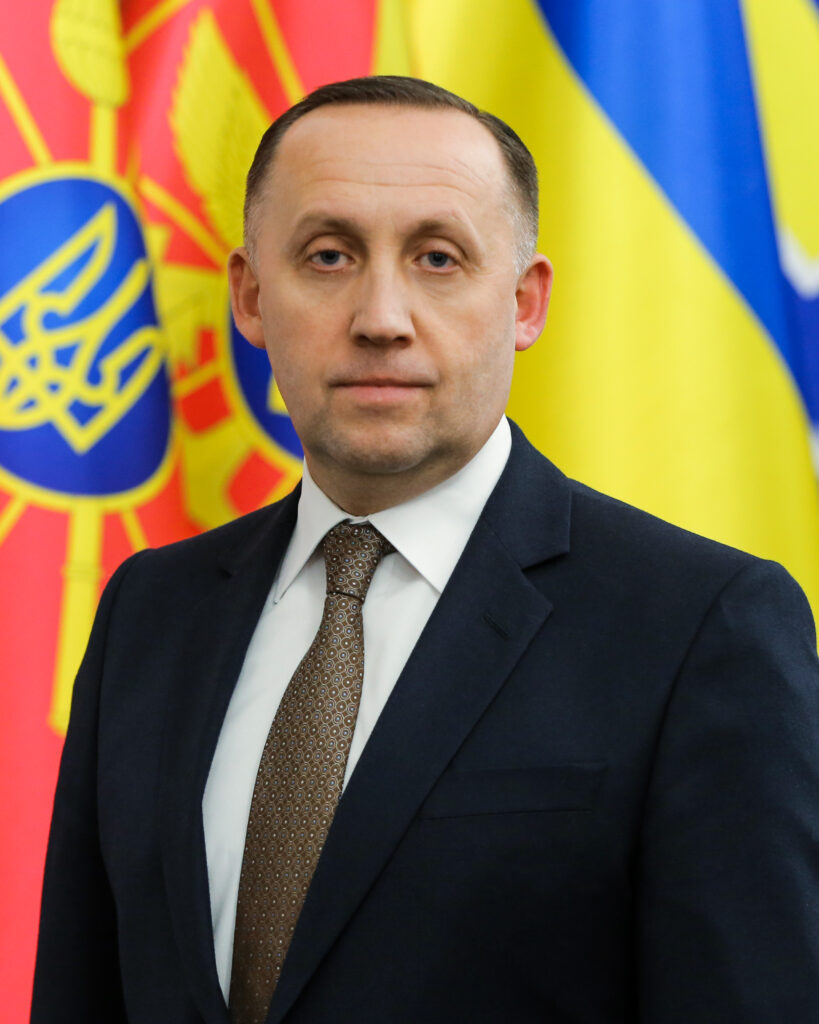
Anatolii Petrenko
Deputy Minister of Defence of Ukraine for European Integration

Moderator Mr. Robin Shepherd
Vice President, Halifax International Security Forum
The build-up of Russian troops on the border with Ukraine is a pressing concern for the Deputy Minister of Defence of Ukraine for European Integration, Lieutenant General (Retired) Anatolii Petrenko. At the same time, it is a sensitive security consideration for the international community at large. In response to questions posed by Robin Shepherd, General Petrenko provided his unique insight, and a Ukrainian perspective into the military buildup that is at the top of the security agenda. Tactically, Russia’s ability to wield energy leverage in Eastern Europe in the winter and, specifically, to influence Ukrainian politics and economic matters, is felt across the globe. Rising gas prices is just one example General Petrenko presented to illuminate this subversive threat. As its neighbor, and nemesis, what can Ukraine teach us about how to handle an increasingly belligerent actor, Russia under Putin’s control. All eyes remain on the Ukrainian border.
2021 was special because we all have watched that Russia resorted to unexpected and pretty much in high velocity military reinforcement being deployed in the vicinity of our borders.
— Deputy Minister of Defence of Ukraine for European Integration, Anatolii Petrenko, (Lieutenant General, Retired)
I’m convinced that we should always try, to the best of our ability, to have diplomacy in play. Because if we don’t have diplomacy in play, we are talking about purely military confrontation, and it will be difficult to sustain even the minimum tempo of political talk and, hopefully, peaceful political resolution.
— Deputy Minister of Defence of Ukraine for European Integration, Anatolii Petrenko, (Lieutenant General, Retired)
19:30-21:30
Dinner Sessions — ALL SESSIONS OFF THE RECORD
Arctic Allies
- Host: Roland Paris
The African Century
- Speakers: Mr. Japheth Omojuwa, Founder, Alpha Reach; Bright Simons, President, mPedigree; Mr. Leslie Campbell, Senior Associate and Regional Director, Middle East and North Africa
Programs, National Democratic Institute; Dr. Nancy Okail, Scholar and advocate of democracy and Human rights - Host: Ambassador Peter Pham, Distinguished Fellow, Africa Center at the Atlantic Council; Former Special Envoy for the Sahel Region of Africa
Battlespace: Tech
- Speakers: Admiral Michael Rogers, CEO, The MSRogers Group LLC; Dr.Szu-chien Hsu, Deputy Secretary-General, National Security Council, Taiwan
- Host:Mr. Robin Shepherd, Vice President, Halifax International Security Forum
Belarus Hijacked
- Speakers: Mr.Valery Kavaleuski, Chief of the Cabinet and Representative on Foreign Affairs to Sviatlana Tsikhanouskaya, Belarus; Ambassador Andrei Sannikov, Chairman, European Belarus Foundation
- Host: Ambassador Kurt Volker, Distinguished Fellow at the Center for European Policy Analysis
Caribbean Matters
- Speakers: Ambassador Carlos Vecchio, Ambassador of Venezuela to the United States, Acting Government of Venezuela; General Rocky Meade, Chief of Defence Staff, Jamaica Defence Force; Senator Peter Boehm, Senator for Ontario, Canada; Bruce Friedman, Deputy Director at the Office of Brazilian and Southern Cone Affairs, United States Department of State
- Host: Dr.Chris Sabatini, Senior Fellow for Latin America, Chatham House
Corruption Corrosive
- Speakers: Mr. Peter MacKay, Senior Advisor, Deloitte Canada; Mr. James Kirchick, Visiting Fellow at Brookings Foreign Policy
- Host: Dr. John Glenn, Senior Director at the International Forum for Democratic Studies, National Endowment for Democracy
Culture Change: Making Militaries Stronger
- Speakers: Ambassador Jacqueline O’Neill, Ambassador for Women, Peace, and Security,
Canada; Mr. C. Dixon Osburn, Fellow, Carr Center, Harvard Kennedy School; Mr. Nico Lange, Chief of Executive Staff, Federal Ministry of Defence, Germany - Host: Ms. Heather Hurlbert, Director, New Models of Policy Change, New America
France + Aukus = Fracas
- Speakers: Baroness Pauline Neville-Jones, Member, House of Lords; The Honourable Malcolm Turnbull, 29th Prime Minister, Australia; Ambassador Joseph Hockey, 25th Ambassador of Australia to the United States
- Host: Mr. François Lafond, Special Adviser, Ministry of Public Administration and Local Self-Government for the Republic of Serbia
Forward Defense: Ameri-can or Ameri-can’t
- Speakers: Mr.Yasushi Noguchi, Director General for International Affairs, Defense Policy Bureau, Ministry of Defense, Japan; Dr. Byung-Ho Chung, Professor Emeritus, Hanyang University, South Korea
- Host: Mr. W. Bruce Weinrod, Adjunct Professor, School of Foreign Service, Georgetown University
The Importance of Indo-Pacom
- Speakers: Admiral John Aquilino, Commander,United States Indo-Pacific Command
- Host: Dr. Michael Auslin, Payson J. Treat Distinguished Research Fellow in Contemporary Asia, Hoover Institution at Stanford University
Iran and its Proxies of Evil
- Speakers: Mr. Jason Rezaian, Global Opinions Writer, The Washington Post; Dr. Liam Fox,
Member of Parliament, United Kingdom - Host: Dr. Jerrold Green, President and Chief Executive Officer of the Pacific Council on International Policy in Los Angeles
NATO’s Winning, Russia’s Whining
- Speakers: ASG Bettina Cadenbach, Assistant Secretary General for Political Affairs and Security Policy, NATO; Mr. Vladimir Kara-Murza, Russian Opposition Politician
- Host: Mr. Randy Scheunemann, Vice Chairman, International Republican Institute
Private Space
- Speakers: Mr. Stephen Matier, President and CEO, Maritime Launch; General David Thompson, Vice Chief of Space Operations, United States Space Force; Cassandra Steer, Senior Lecturer and Mission Specialist at Australian National University College of Law and ANU Institute for Space
- Host: Dr. Ian Brodie, Program Director, Canadian Global Affairs Institute
Quad: Join the Q
- Speakers: Mr. Ram Madhav, Former National General Secretary of the Bharatiya Janata Party, India; Dr. John Lee, Senior Fellow at the Hudson Institute
- Host: Ambassador Paula Dobriansky, Senior Fellow at the Future of Diplomacy Project, Harvard Kennedy School, Belfer Center for Science and International Affairs
Supply Chain Solutions: Rare Earth Recycled
- Speakers: Mr. Robert Kang, CEO of Blue Whale Materials; Dr. Richard Florizone, President and CEO, International Institute for Sustainable Development
- Host: Mr. Justin Vogt, Executive Director, Foreign Affairs
Taliban’s Survival, Global Jihad’s Revival
- Speakers: Dr. Hans-Jakob Schindler, Senior Director, Counter Extremism Project; Ambassador Ms. Kamila Sidiqi, CEO Kaweyan Group of Companies and Former Deputy Minister of Commerce, Afghanistan
- Host: Dr. Dov Zakheim, Senior Advisor at the Center for Strategic and International Studies and Senior Fellow at CNA Corporation
Tracking Hacking: AI, Quantum and Whatever Comes Next
- Speakers: Mr. Tolu Ogunlesi, Special Assistant to the President of Nigeria on Digital and New Media; Mr. James Appathurai, Deputy Assistant Secretary General for Emerging Security Challenges, NATO
- Host: Ms. Lisa Kaplan, Founder and CEO, Alethea Group
Ukraine: Liberty on the Line
- Speakers: Mr. Roman Mashovets, Deputy Head of the Office of the President responsible for Defence and Security, Ukraine
- Host: Dr. Constanze Stelzenmüller, Senior Fellow, Fritz Stern Chair on Germany and trans-Atlantic
Without Merkel: Europe and the Future of Transatlantic Relations
- Speakers: Mr. Nicolas Tenzer, Chairman, Center for the Study and Research on Political Decision and Editor of Le Banquet; Mr. Roderich Kiesewetter, Member, The Bundestag;
Congresswoman Jane Harman, President Emerita, Distinguished Fellow, Wilson Institute - Host: Dr. Josef Joffe, Publisher and Editor of Die Zeit and Distinguished Visiting Fellow at the Hoover Institution
Xinjiang: Genocide 2022
- Speakers: Mr. Dolkun Isa, President, World Uyghur Congress; Dr. Lobsang Sangay, Former President, Central Tibetan Administration; Jeffrey Ngo, Advisor, Hong Kong Democracy Council
- Host: Mr. James Coomarasamy, Senior Presenter, BBC Radio and World Service
